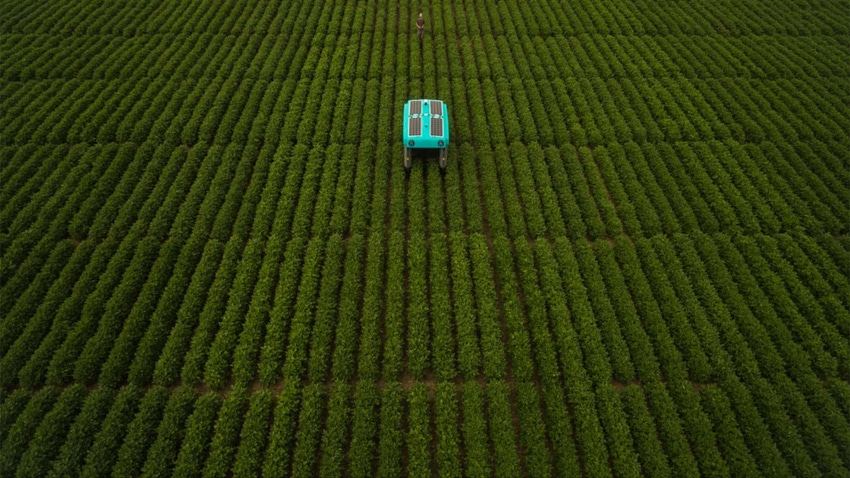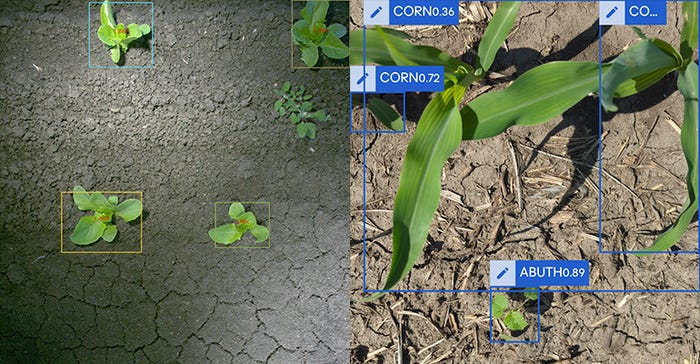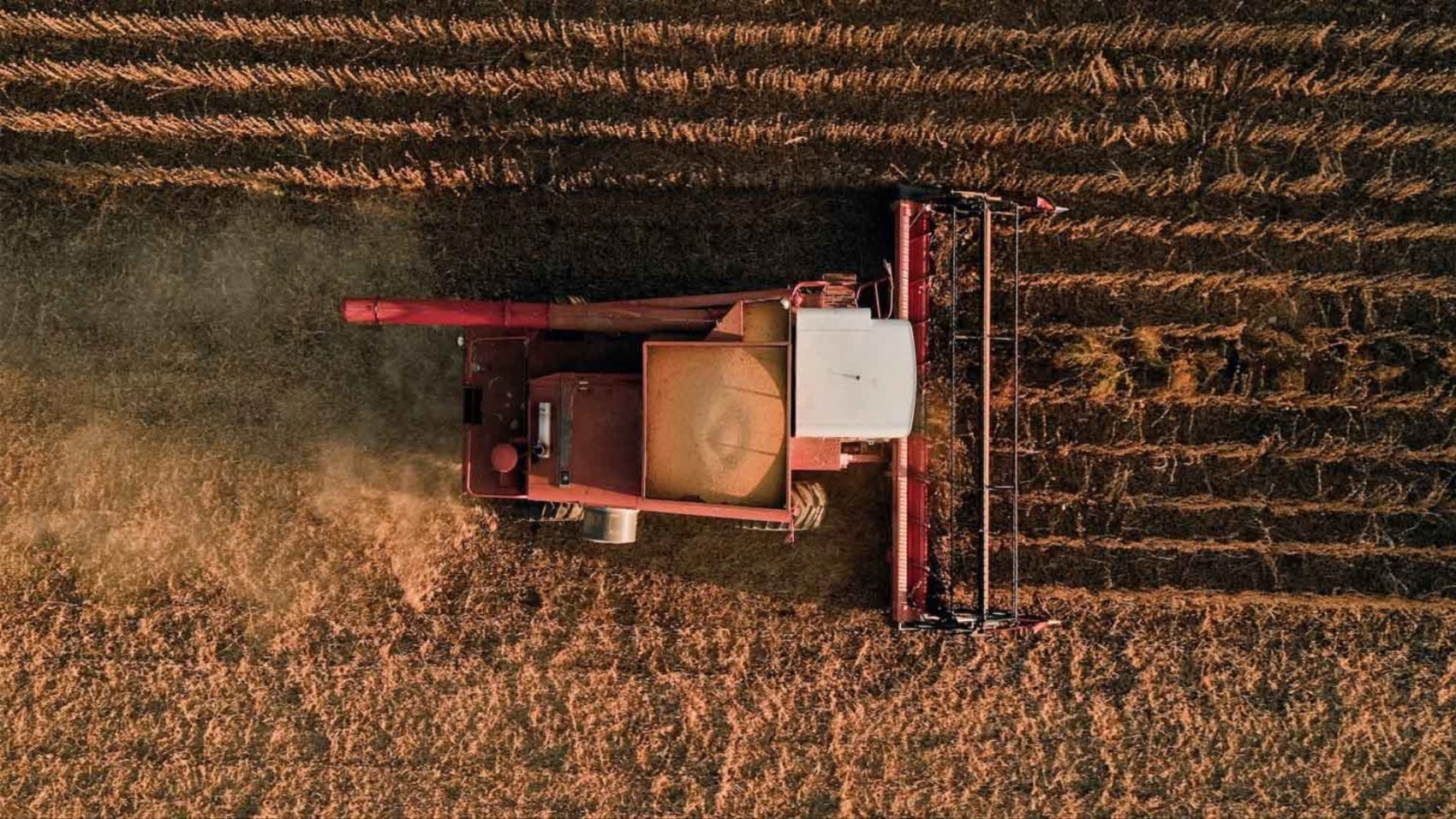November 9, 2023

Artificial intelligence (AI) continues to make day-to-day tasks more efficient and easier to accomplish, often in ways we couldn’t have imagined or predicted. From the familiar features of recommendations on Netflix and turn-by-turn navigation with Google Maps, to the new generative AI chatbots like ChatGPT and Bard, AI is already bringing value to industries and consumers.
Despite the complex challenges posed by nature and crop management practices, agriculture is primed for the adoption of these same technologies.

Photo submitted by Mineral
Endless Possibilities
For too long, farmers have squeezed every last drop from generational knowledge to make the smartest decisions for their crops. New tools have helped incrementally, but faced with increasingly uncertain weather patterns, rising temperatures and more frequent drought, agriculture deserves a system-wide transformation powered by AI.
Take, for example, crop breeding.
Gathering detailed information like pod counts, plant heights, disease pressure, or petiole lengths in crop trials is extremely tedious for human crop breeders and their teams. AI’s capability to capture and understand precise information from plants through computer vision - essentially, interpreting plant images - can help.
AI has the potential to shorten the 10-year cycle many breeding efforts take. The increase in the pace of data collection and the ability to run trials in more locations can help breeders and researchers discover climate-resilient varieties of vital global crops more quickly.
Breeding is just the beginning. The coming wave of smarter farm equipment will be able to perceive its surroundings, collecting more data – and making sense of it – than ever before.
Not only will AI-powered smart cameras help determine whether plants are weeds or crops, they will help ensure precise applications of chemicals, bolstering farm productivity while protecting the environment.
Add to that AI-powered decision-support tools which, on farmers’ and advisors’ smartphones and tablets, can interpret images and context to improve productivity, reduce waste and decrease risk, and you have the conditions for a whole new way of growing crops and feeding the world.
Next Steps
Just like humans need continued education and skill-building, AI tools also need ongoing training.
Because AI functions for agriculture are characterized by extreme diversity, one of the challenges of training AI models is helping them handle small changes like lighting, camera angle, and soil background. For example, crop trait models need to learn subtle plant features and perform with high accuracy in many different locations, but the cost of acquiring the diversity of imagery required, and then labeling those images for training purposes, can be enormous.
Enter Mineral, an Alphabet company that recently spun out of X, the moonshot factory. Mineral is applying the latest breakthroughs in AI to help agribusinesses and farmers improve data collection and analysis to make agriculture more profitable and sustainable.
To do that, Mineral is developing perception technology that can extract plant-level insights; organizing data from different sources; and building powerful software algorithms and conducting research that can meaningfully deepen the fundamental understanding of the crops farmers grow.

Photo submitted by Mineral
Putting the Pieces Together
AI is improving at a breathtaking pace and the agriculture industry can benefit from the investments being made in the core technology. But agriculture is complex and off-the-shelf AI tools developed for chatbots and generating pictures will not help farmers and their advisors. Agriculture needs a dedicated effort to develop AI tools that can learn from human experts and work seamlessly with farmers and their advisors.
Any farmer will tell you that every field is unique. Every year is different and, indeed, no two plants look exactly alike. That means AI tools need to be robust to the realities of farming, and be designed to handle the unique challenges of agriculture.
What is certain is that there’s a powerful symbiosis between human intuition and AI. Crop breeders can analyze bigger trials, agronomists can deepen their understanding of the drivers of yield, and farmers can interrogate an AI advisor that has learned the intricacies of their farm. Agriculture is a complex, multidimensional business and that makes it ideally suited to the strengths of AI.
Wonder what new intelligence Mineral might help you unlock? Reach out today.
You May Also Like





